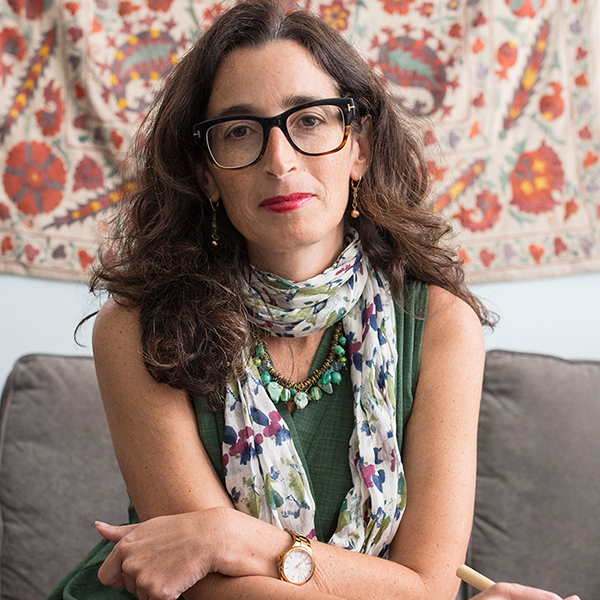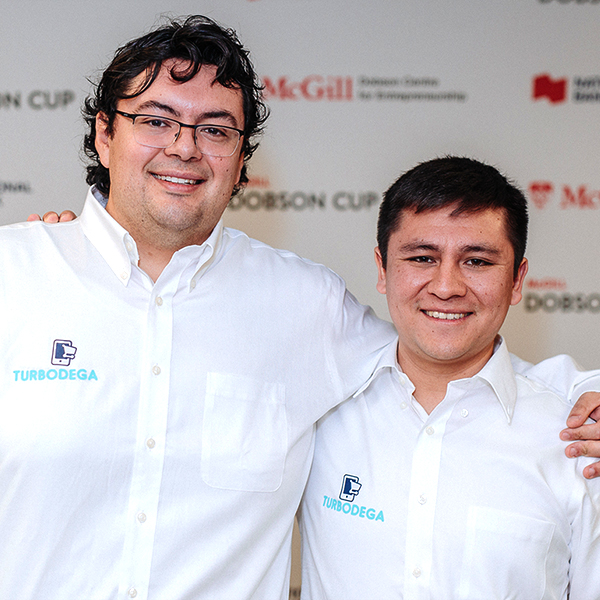Tim Evans’s career in health has been global in scope and geography.
He’s held senior positions at the World Health Organization, the World Bank, the Rockefeller Foundation and in academia in Bangladesh.
Now, he’s back in Canada after 27 years abroad, for a new challenge, as the inaugural director and associate dean of the School of Population and Global Health in McGill’s Faculty of Medicine.
The new School, which is expected to launch in the fall of 2020, will bring together Biomedical Ethics, the Department of Epidemiology, Biostatistics & Occupational Health, McGill Global Health Programs, and the Institute for Health and Social Policy.
It will house the existing highly ranked graduate programs currently offered by those departments and units, along with new programs envisioned for the School, and pave the way for more interdisciplinary research.
It isn’t meant to be another school of public health. The idea is to build on McGill’s strong expertise in population and global health to foster high-impact research and education, and help improve the health of populations.
“In my view, the big vision is that Canada, and Canadian institutions by association, can play a much more significant role with respect to global health moving in the future,” says Evans, who is also McGill’s new associate vice-principal (global policy and innovation).
“I think McGill is in a great position to move that needle.”
Part of what Evans finds exciting about the new interdisciplinary school is the opportunity to make it a university-wide project. He points out that training in other disciplines, such as education, nutrition, dentistry, and business, have huge ramifications for global health. “When you’re thinking about delivering health services, business savvy and entrepreneurial skills are in high demand,” he says.
As for what types of projects he’d like to see the School take on, Evans offers a few examples. Tuberculosis is a huge problem globally and in Canada, particularly among First Nations.
McGill has considerable expertise and leadership in the disease, says Evans, mentioning Professor Marcel Behr, MSc’95, the founding director of the McGill International TB Centre, Professor Madhukar Pai, the centre’s current director, and Professor Dick Menzies, MDCM’78, MSc’89, director of McGill’s World Health Organization Collaborating Centre in TB Research. “These are recognized world leaders.”
Governments and health agencies in Canada and on the international front are focusing more attention on the elimination of tuberculosis and Evans believes there’s an opportunity for McGill to play an even more visible role — by continuing to forge partnerships with at-risk communities such as First Nations in Canada or slum dwellers in India, for instance.
A second example, he offers, is moving forward in artificial intelligence for health.
Along with former University of Toronto president David Naylor, Evans co-chairs a newly created Canadian task force, AI for Health, through the Canadian Institutes for Advanced Research (CIFAR). The task force is working on recommendations for developing innovative applications of AI to health and health care.
Evans comes to McGill from the World Bank Group where he was senior director of health, nutrition and population. He was dean of the BRAC James P. Grant School of Public Health in Dhaka, Bangladesh from 2010 to 2013. Prior to that, he was an assistant director-general at the World Health Organization from 2003 to 2010.
Evans grew up in Toronto and Ancaster, Ontario. His father, Dr. John Evans, was the founding dean of McMaster University’s medical school and an influential figure in medical education.
When he graduated from high school, Evans spent a formative gap year with Canada World Youth, which offers international volunteer programs. He was immersed in French along the way, living in Joliette, Quebec, Petit-Rocher, New Brunswick, and in Senegal.
“The learning experience for me was much less about having felt like we saved the world, and much more about understanding that saving the world is not as easy as it sounds,” he says. He realizes now that complex problems require engaged leadership at the local level, long-term commitments, a knowledge-based approach and trusted partnerships.
As a Rhodes Scholar, Evans earned his PhD in agricultural economics and developed an interest in infectious and tropical diseases. As he examined the issues associated with those diseases, it made him ponder why life chances are “so miserably different” between his native Canada and Africa, where he did his doctoral research. He thought medicine would be a useful vocation to try to make an impact on those disparities and obtained his medical degree from McMaster.
One of the biggest health challenges he has dealt with in his career was at the Rockefeller Foundation where he and his colleagues noticed child vaccination rates dropping to low levels in the 1990s, primarily in low and middle-income countries.
They put together a task force to look at how to boost childhood vaccination, says Evans, who was director of the Health Equity Theme at the foundation. “And out of that we spawned something called the Global Alliance for Vaccines and Immunization, which was launched in Davos in 2000,” he says, calling it the first-ever billion dollar health partnership.
“Childhood vaccination rates now are coming up to about 80 per cent coverage globally. [There is much] more to do, but if you look at where we were back in 2000 and where we are now in 2019, [it’s] tremendous progress.” While pleased about those improved results, Evans remains troubled by the role that impoverishment continues to play in perpetuating health-related inequities between the world’s haves and have-nots. When he was at the WHO, Evans launched and led the Commission on Social Determinants of Health. The commission’s influential report focused attention on the key connections between social conditions and health.
Evans believes population and global health “represents the most exciting knowledge opportunity anywhere.” The chance to learn from seven billion citizens “offers unbounded learning opportunities for health and health care,” he says. And the lessons learned from diverse populations could prove to be invaluable in a multicultural country like ours. Think of how many diasporas make up Canada – more than 100, he says.
Evans believes that deeper insights into genetic influences and biodiversity, cultural and behavioural dynamics, and the different models for financing and delivering health services, will really boost our ability to address the challenges associated with disparities in health.
“If you’re really interested in the best knowledge to solve problems in health, it’s hard not to be convinced that a global reach and perspective is going to be invaluable.”


